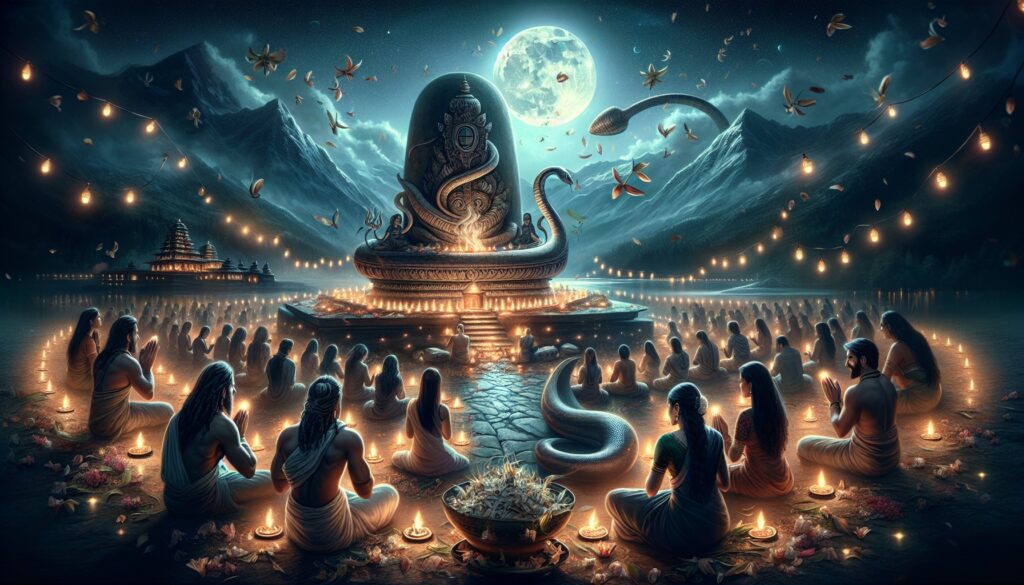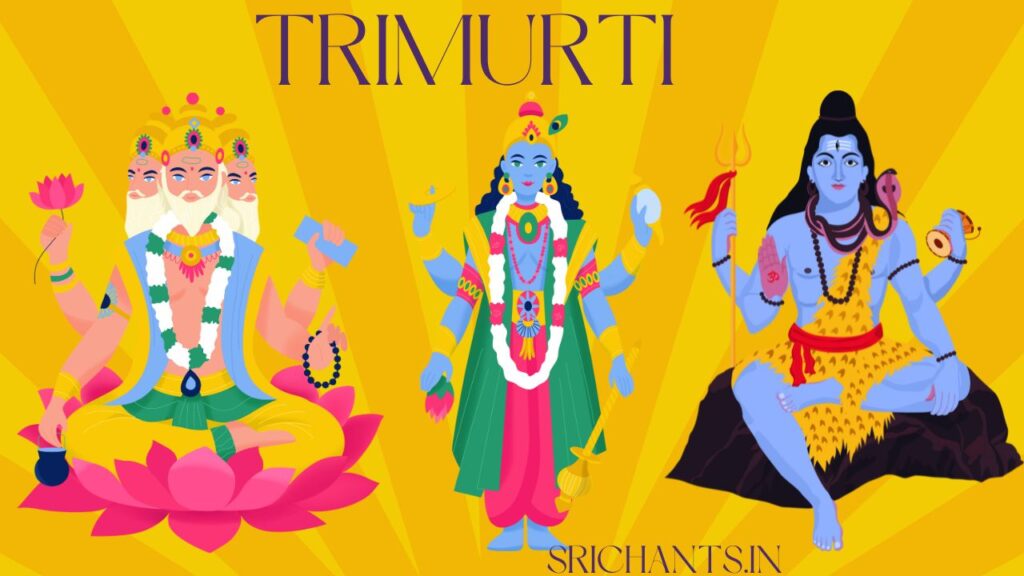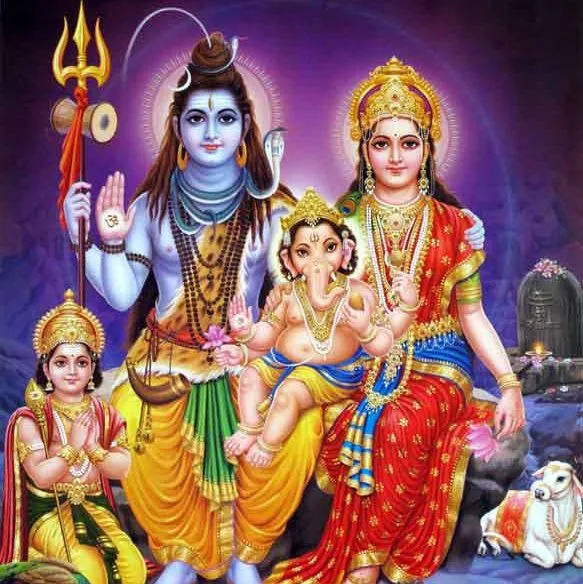Maharaj Shivaji: Legendary Warrior of Maratha Empire
Introduction
Many fearless fighters and visionary leaders have emerged from India. Chhatrapati Shivaji Maharaj is among them one of the best. He founded the Maratha Empire, was a fearless warrior and a fair king. For millions of people his life inspires them. His government, military strategies, and leadership set the groundwork for a strong empire challenging Mughal rule.
We shall explore closely the life, accomplishments, and legacy of Maharaj Shivaji on this site.
Early Life and Birth of a Leader
Born on February 19, 1630, Shivaji Maharaj grew up at Maharashtra’s Shivneri Fort. Serving the Bijapur Sultanate, Shahaji Bhosale, his father was a commander and nobleman. Jijabai, his mother, was a profoundly spiritual woman who helped to define his personality. She incilled in him Hindu cultural ideals of bravery, morality, and loyalty.
Shivaji was clearly fascinated in military strategy and administration from a young age. Inspired to dream of an autonomous Hindu country, his mother would often tell tales of outstanding Hindu kings and fighters. His schooling was meticulously scheduled with an eye toward statecraft, administration, and war.
The Rise of the Maratha Empire
Shivaji started his journey as a youthful leader by gathering forts. Just fifteen years old, his first conquest was Torna Fort in 1645. With this triumph, his amazing trip started. He soon took control of Rajgad, Kondhana, and Purandar, so fortifying his presence in the area.
His smart military strategies and guerilla warfare approaches let him oppose the strong Mughal and Bijapur armies. He rallied a group of committed fighters and carefully enlarged his domain. Unlike conventional leaders, he concentrated on quick strikes, ambushes, and fortifications, therefore producing a very effective army.
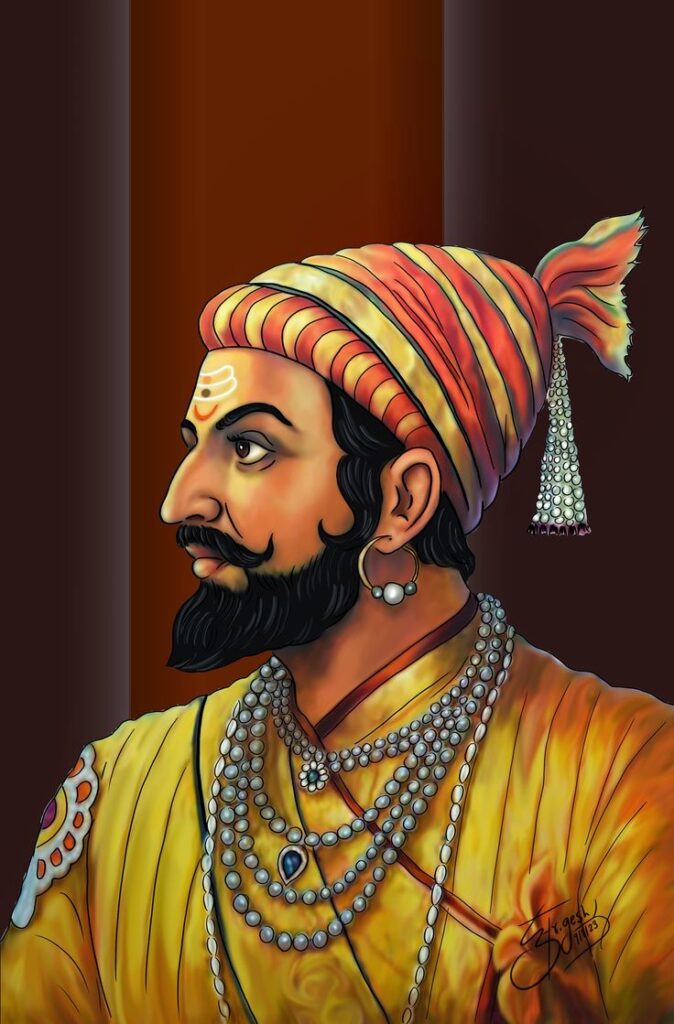
Conflict with the Mughals and Aurangzeb
Shivaji presented a serious challenge to Mughal Emperor Aurangzeb. Shivaji was invited to the Mughal court at Agra in 1666, but he was jailed and housebound. But using his cunning and bravery, he managed to flee in a bold gesture under the cover of a devotee carrying sweets.
He stepped up his military operations following his flee-from. He kept his resistance against the Mughals while recovering various forts. He was a strong opponent with strategic genius, will, and fortitude.
Coronation as Chhatrapati
Formally anointed as the Chhatrapati (King) of the Maratha Empire at Raigad Fort on June 6, 1674, Shivaji Maharaj In Indian history, this occasion defined a turning point. It started a sovereign Hindu kingdom free from Mughal or foreign control.
He embraced Hindu customs and underlined the need of self-rule and freedom during the coronation. This event galvanized the Marathas, hence strengthening their influence in Indian politics.
Shivaji’s Administration and Governance
Besides being a warrior, Shivaji Maharaj was a superb administrator. His government was people-centric and clearly organized. Among his important administrative changes are these:
1. Military Innovations
- He introduced Guerrilla Warfare, which helped his army fight larger enemies effectively.
- He maintained a well-trained navy, making him one of the first Indian kings to recognize the importance of naval power.
- He built a series of forts across Maharashtra for strong defense.
2. Revenue and Land Reforms
- He introduced a fair taxation system that reduced the burden on farmers.
- Collected Chauth and Sardeshmukhi taxes to strengthen the Maratha treasury.
- Promoted agriculture and irrigation projects.
3. Religious Tolerance and Justice
- Despite being a staunch Hindu king, he respected all religions.
- He protected temples but never destroyed mosques, ensuring harmony.
- Established a transparent judicial system based on justice and fairness.
4. Naval Power
- Shivaji was one of the few Indian rulers who built a strong navy.
- His fleet protected the Konkan coastline from foreign invasions, including the Portuguese and British.
- He established naval bases at Sindhudurg and Vijaydurg.
Legacy and Death
April 3, 1680 saw Maharaj Shivaji die at Raigad Fort. Though his death marked a profound loss, his legacy persisted. Sambhaji Maharaj, his son, seized command and carried out his task.
Contributions made by Shivaji Maharaj helped to define India’s past. Future independence warriors such Mahatma Gandhi, Bal Gangadhar Tilak, and Subhash Chandra Bose drew inspiration from his ideals. Even now, his ideas of people-centric government and self-rule (Swarajya) have resonance.
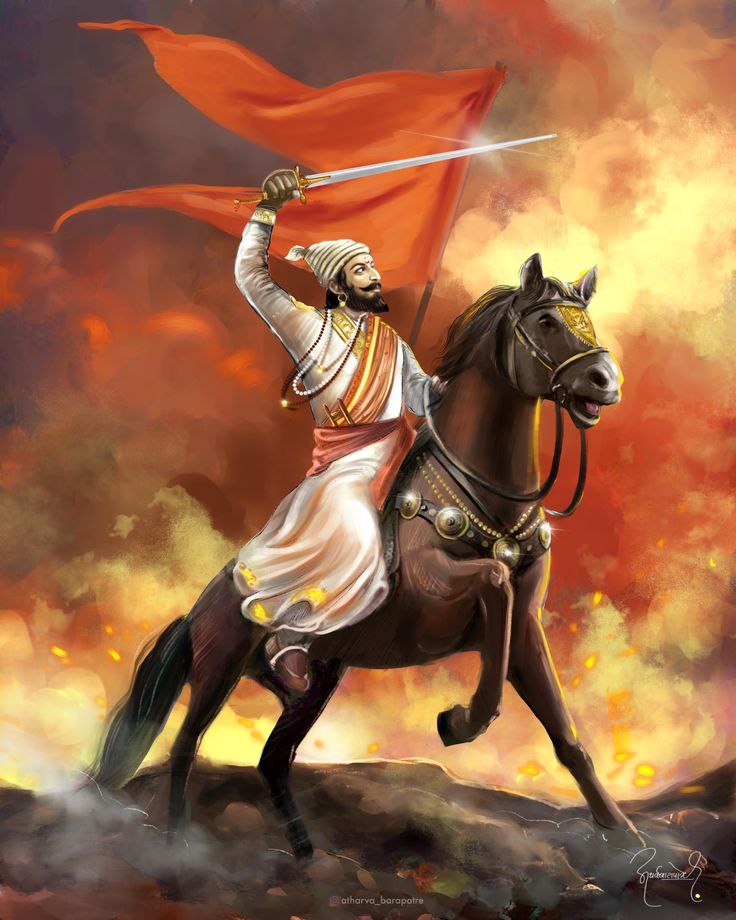
Why is Shivaji Maharaj an Eternal Icon?
Shivaji Maharaj is not just a historical figure; he is an emotion, a symbol of bravery, justice, and governance. Here’s why he continues to be revered:
- Symbol of Swarajya: He laid the foundation for self-rule, which later inspired India’s independence movement.
- Military Genius: His strategies are still studied in modern warfare.
- Champion of Hindu Culture: He revived Hindu traditions and ensured cultural preservation.
- Visionary Leader: His governance system is a model for modern administrations.
- Inspiration for Youth: His life story instills patriotism and courage in every Indian heart.
Conclusion
Maharaj Shivaji was a visionary, a fighter, a nation-builder, not only a monarch. His rise from a little fort to establish a strong kingdom is fabled. Generations after his values of bravery, fairness, and Swarajya continue to inspire.
Let’s endeavor to preserve his values and advance a strong, united, and self-reliant India as we remember him. jai bavani! Jai Shivaji here!
Frequently Asked Questions (FAQs)
Q1: When was Chhatrapati Shivaji Maharaj born? A: Shivaji Maharaj was born on February 19, 1630.
Q2: Where was Shivaji Maharaj born? A: He was born at Shivneri Fort, Maharashtra.
Q3: What was Shivaji’s greatest achievement? A: Establishing the Maratha Empire and pioneering Swarajya (self-rule).
Q4: How did Shivaji Maharaj die? A: He passed away on April 3, 1680, at Raigad Fort.
Q5: Why is Shivaji Maharaj still remembered today? A: His bravery, leadership, military tactics, and governance make him an eternal icon of Indian history.
Legacy of Shivaji Maharaj is ageless. His life narrative teaches us that will, intelligence, and bravery may alter the path of events. Let’s respect his memory by striving for a fair and rich India and by upholding his values!

